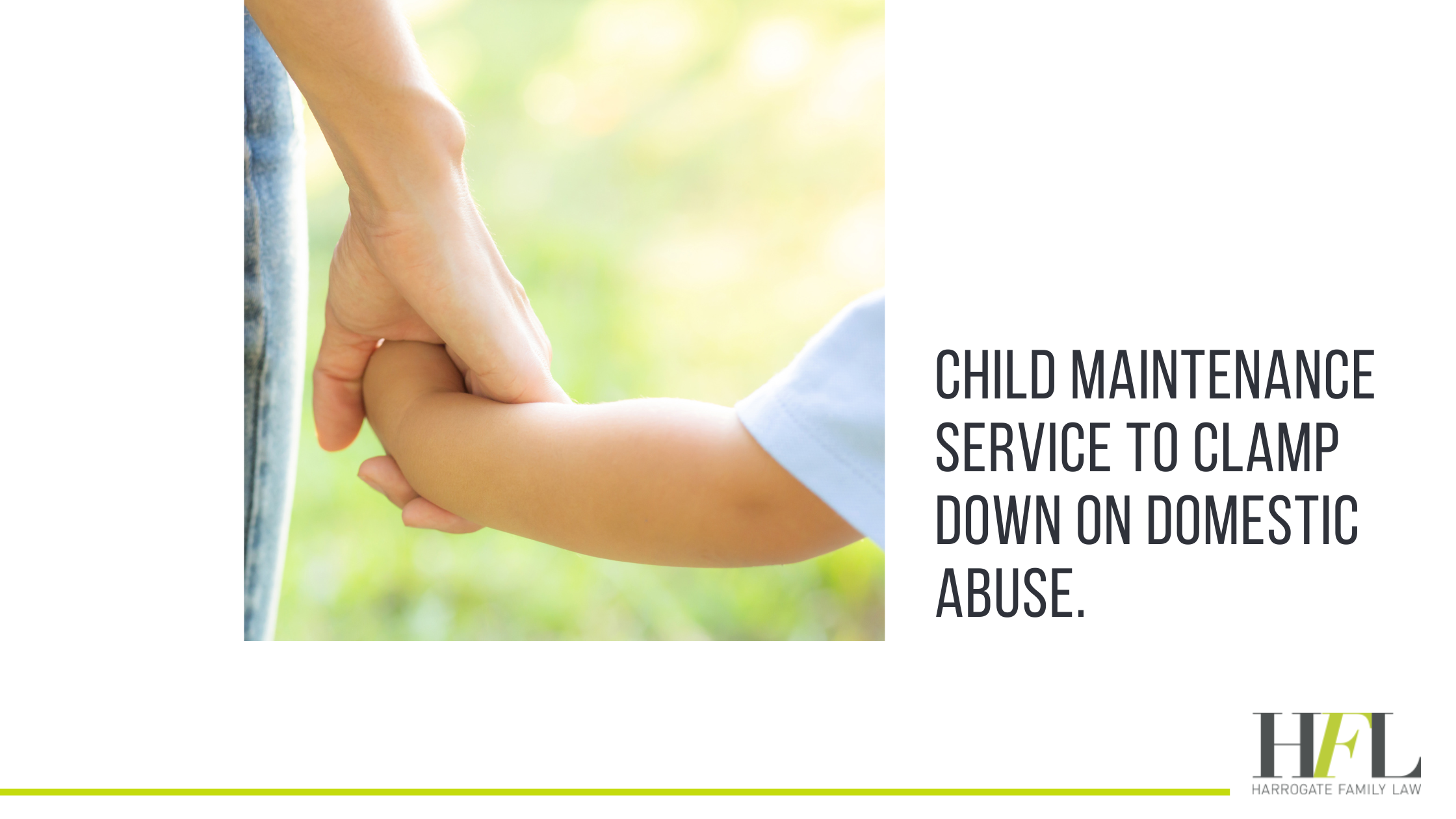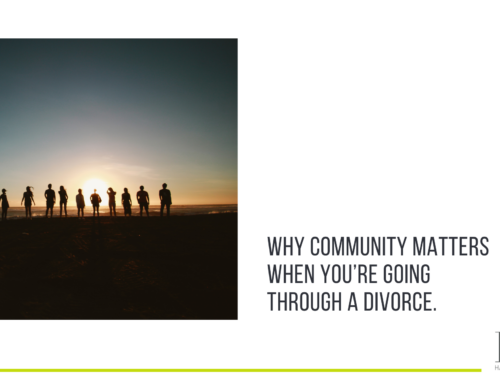In recent news, the government has announced that survivors of domestic abuse will be able to instruct the Child Maintenance Service (CMS) to make or receive payments on their behalf, without the consent of an abusive ex-spouse or partner. The review follows a series of changes towards tackling the issue of domestic abuse in family law to ensure that victims are better protected.
For many single parents, there’s still a lot of confusion and misunderstanding around the role of the CMS and how much power the courts in England and Wales have when it comes to child maintenance.
Here we’re discussing how the changes could help to clamp down on perpetrators of domestic abuse, and how the system actually works.
What is child maintenance?
Child maintenance is a payment made by one parent to the other for help with the financial support of their child following a divorce or separation, or if the parents have not been in a relationship at all. It covers part of a child’s living costs, and is paid up until a child reaches 16 years of age or 20 years of age if they’re still in full-time education.
Child maintenance is designed to ensure that it’s not left completely up to one parent to meet their children’s financial needs. Ultimately, regardless of whether you live with your child or not, both parents are fully responsible for the costs involved.
It’s important to remember that child maintenance is a strictly financial arrangement between the parents of a child. It doesn’t involve other child arrangements such as where your child should live, and who with whom (although this will be taken into account when payments are calculated).
Does the court have a say?
It comes as a shock to many people that the court has very little power to intervene when it comes to child maintenance. The Child Support Act of 1991 massively reduced the role of the court here, meaning that in the majority of cases, child maintenance is dealt with by the CMS. There are some exceptions however, and the court may need to step in if:
- The parent living away from the child lives abroad
- The paying parent’s income is greater than the statutory scheme’s limit for maintenance (this currently stands at £3,000 per week – if the income exceeds that amount, an application for more support can be made to the court)
- There are concerns about costs for the child’s education
- Disability support is a factor
If any of the above circumstances apply to your situation, we’d strongly recommend that you seek legal advice, as things can become very complex and difficult to navigate alone.
How will the new law help victims of domestic violence?
Applying for child maintenance can be a laborious process. Add an abusive ex-spouse or partner into the mix, and it can become intimidating and full of fear too.
One of the biggest changes the new law will bring, is that survivors of abuse will be able to avoid direct contact with their abusive ex. Instead, the CMS can collect and make payments on behalf of victims of domestic abuse, and they can do so without the consent of the perpetrator. The hope is that this will limit abusers from using child maintenance as a form of financial abuse and control.
The changes go even further, with the CMS now permitted to report suspected cases of financial coercion and control to the Crown Prosecution Service, going some way to help bring abusers to justice.
To help firmly embed the new laws, improvements to domestic abuse staff training will be provided, and one-to-one support for survivors are to be trialled too.
Seek support
Although these changes are incredibly positive steps towards clamping down on domestic abuse, there’s still a long way to go. So many people are facing domestic abuse or violence in so many forms. If you need support, here are some useful resources:
IDAS 03000 110 110
Refuge 24 hour National Domestic Abuse hotline: 0808 2000 247
Women’s Aid Survivors’ forum and live chat:
https://www.womensaid.org.uk/information-support/
Men’s Advice line: 0808 8010 327
Galop National LGBT+ Domestic Abuse Helpline: 0800 999 5428
And of course, if you need any legal advice about what your options are for leaving your relationship, please don’t hesitate to get in touch with our team.
At Harrogate Family Law, we have helped so many of our clients deal with sensitive and difficult situations, including separating or divorcing abusive partners. We’re here to listen, so if you need us, get in touch with our friendly team today.






